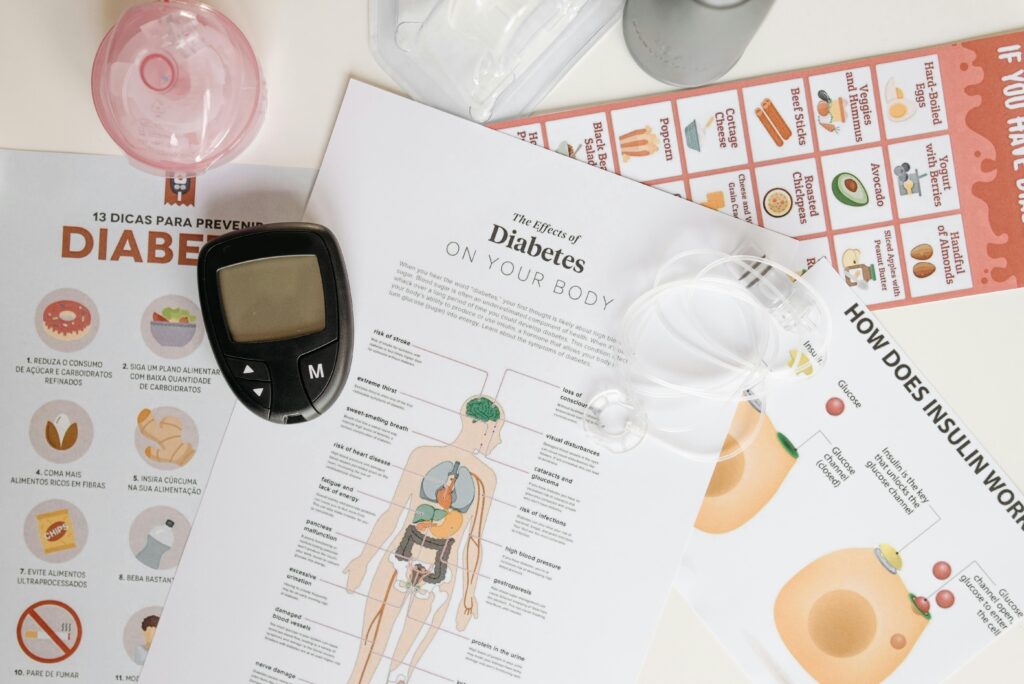Getting quality sleep is one of the most effective ways to maintain brain health, especially as we age. Poor sleep can lead to memory issues, lack of focus, and even increase the risk of cognitive decline.
Adopting healthy sleep habits can keep your brain sharp and support overall well-being. Here are some of the best sleep habits to follow:
1. Maintain a Consistent Sleep Schedule
Going to bed and waking up at the same time every day helps regulate your body’s internal clock. A regular routine trains your brain to expect sleep, making it easier to fall asleep and wake up refreshed.
2. Create a Relaxing Bedtime Routine
A calming pre-sleep routine signals your body that it’s time to rest. Activities like reading, gentle stretching, or listening to soothing music can help prepare your mind for sleep.
3. Avoid Screens Before Bed
The blue light from phones, tablets, and TVs can interfere with melatonin production, a hormone that helps you sleep. Try to avoid screens at least an hour before bedtime and opt for activities that promote relaxation.
4. Keep Your Bedroom Comfortable
Your sleep environment plays a big role in sleep quality. Keep your bedroom cool, quiet, and dark. Investing in a comfortable mattress and pillows can also improve your sleep experience.
5. Watch Your Caffeine and Alcohol Intake
Caffeine and alcohol can disrupt sleep patterns. Avoid consuming caffeinated drinks in the evening, and limit alcohol intake as it can interfere with deep sleep stages.
6. Get Natural Sunlight During the Day
Exposure to natural light during the day helps regulate your sleep-wake cycle. Try to spend time outdoors in the morning or early afternoon to support healthy sleep patterns.
7. Exercise Regularly
Physical activity can help you fall asleep faster and enjoy deeper sleep. However, avoid vigorous exercise close to bedtime as it can be stimulating.
8. Manage Stress and Anxiety
Stress can make it difficult to fall asleep. Practicing relaxation techniques like deep breathing, meditation, or journaling before bed can help ease your mind and prepare you for restful sleep.
9. Limit Naps During the Day
Short naps can be beneficial, but long or late-afternoon naps may interfere with nighttime sleep. If you need to nap, keep it under 30 minutes and earlier in the day.
10. Eat a Light Dinner
Heavy meals before bedtime can cause discomfort and disrupt sleep. Opt for a light, balanced meal in the evening and avoid spicy or fatty foods that can cause indigestion.
11. Address Sleep Disorders
If you experience chronic sleep problems, such as insomnia or sleep apnea, consult a doctor. Treating underlying sleep disorders can improve both sleep quality and cognitive health.
Final Thoughts
Good sleep is essential for a sharp mind and a healthy body. By following these simple habits, you can improve your sleep quality, boost brain function, and wake up feeling refreshed every day. Prioritize sleep just as you would diet and exercise for long-term cognitive well-being.





